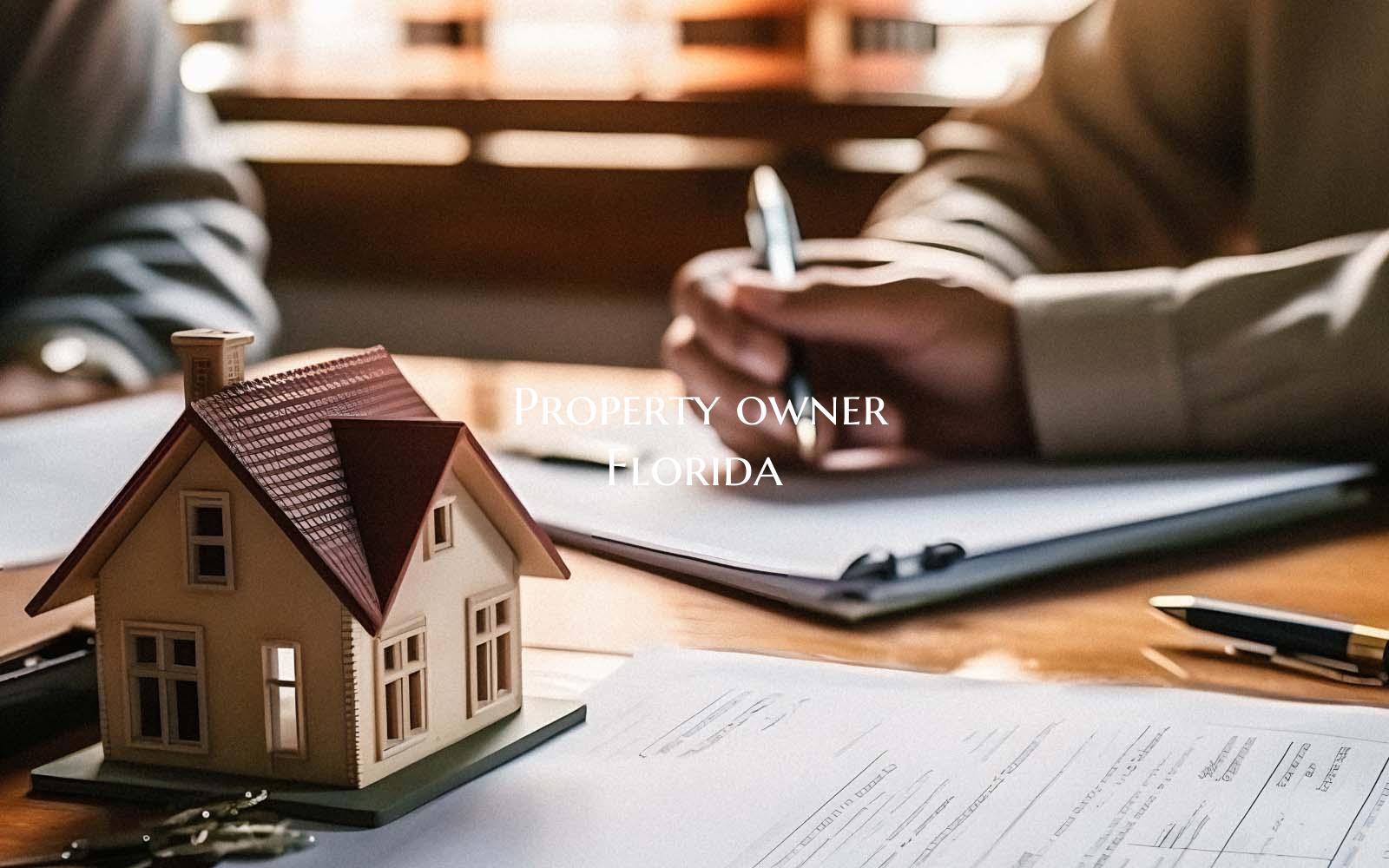Property owner Florida

Owning property in Florida can be a lucrative investment choice due to the state’s favorable climate, growing economy, and diverse real estate market. Whether you own a vacation home, rental property, or a primary residence in Florida, being a property owner in the Sunshine State comes with rights, responsibilities, and unique considerations. Here is a comprehensive guide for property owners in Florida:
1. Legal Requirements: Property owners in Florida must adhere to various legal requirements, including property taxes, zoning regulations, and Florida-specific landlord-tenant laws. It is essential to stay informed about these regulations to ensure compliance and avoid any legal troubles.
2. Insurance: Given Florida's susceptibility to hurricanes and tropical storms, property owners must secure adequate insurance coverage. This often includes windstorm insurance and flood insurance, in addition to standard homeowner’s insurance. Understanding your insurance coverage and keeping it up to date is crucial to protect your investment.
3. Property Management: If you own rental properties in Florida, property management can be a key consideration. Hiring a professional property management company can help you with tenant screening, rent collection, property maintenance, and legal compliance, making the management of your investment property more efficient and stress-free.
4. Maintenance and Upkeep: Proper maintenance of your property is essential to preserve its value and appeal. Regular inspections, timely repairs, and addressing maintenance issues promptly can prevent more significant problems down the line. This is especially important in Florida, where humidity and weather conditions can impact the structure of buildings.
5. Understanding Market Trends: Florida’s real estate market is dynamic and influenced by various factors, such as tourism, migration trends, and economic indicators. Property owners should stay informed about market trends, property values, and rental rates to make informed decisions regarding their real estate investments.
6. Tax Implications: Property owners in Florida need to be aware of the tax implications of owning real estate in the state. This includes property taxes, rental income taxes, and potential tax deductions related to owning property. Consulting with a tax professional can help you navigate the complex tax landscape and optimize your tax situation.
7. Community Involvement: Engaging with the local community and neighborhood associations can enhance your experience as a property owner in Florida. Participating in community events, staying informed about local developments, and fostering positive relationships with neighbors can contribute to a sense of belonging and mutual support.
By understanding and embracing these key aspects of property ownership in Florida, you can effectively manage your real estate investments and make the most of your ownership experience in the Sunshine State. Remember to stay proactive, stay informed, and seek professional guidance when needed to navigate the responsibilities and benefits of being a property owner in Florida.
